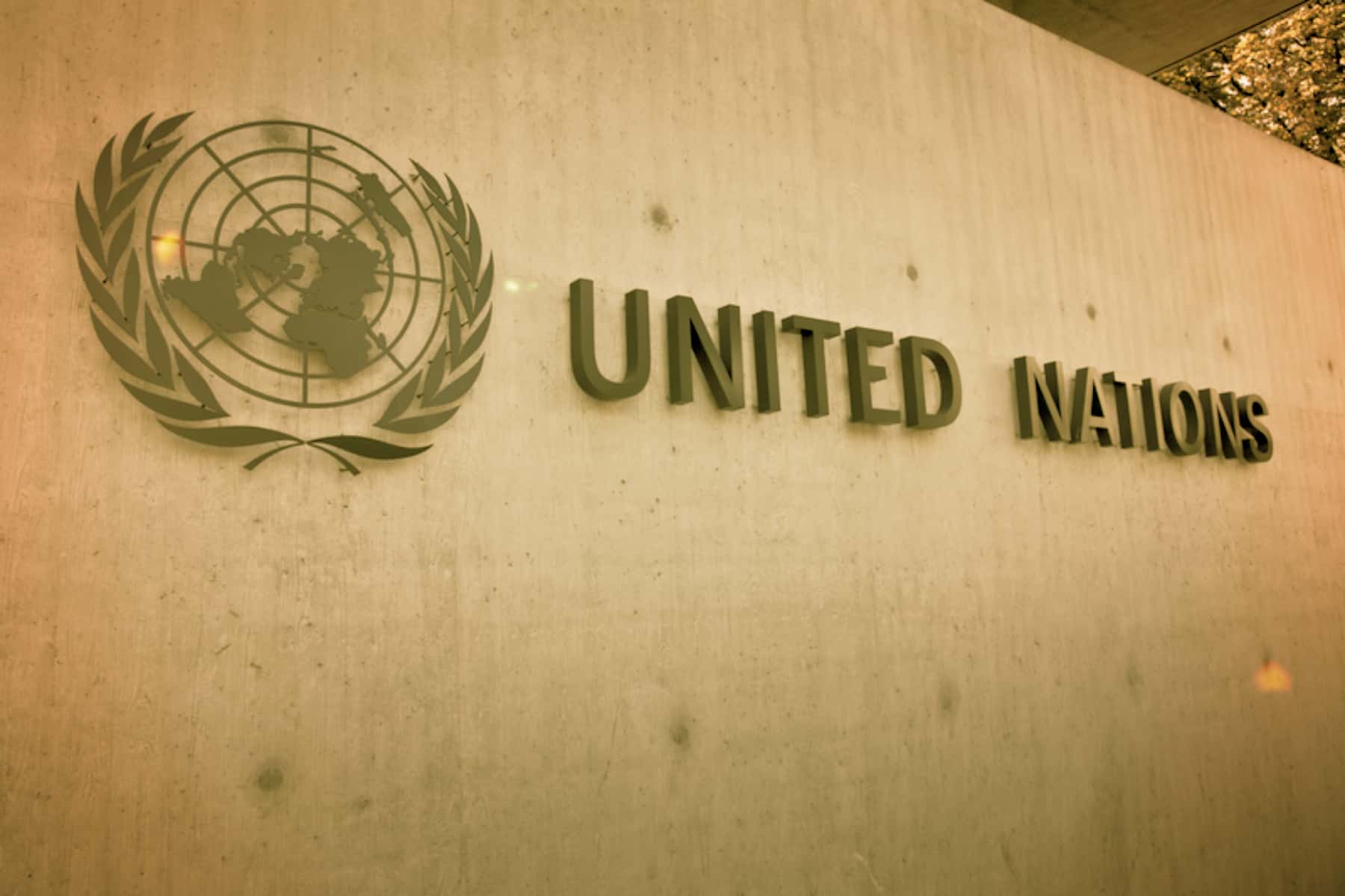Federated Farmers’ banking spokesperson Richard McIntyre said that petrol stations are often family-owned businesses and without access to bank capital, they will be forced to shut down, leaving communities without a vital service. He urged MPs to question BNZ representatives about their behaviour and to scrutinise their decision-making process.
Expressing grave concerns about the implications of BNZ’s policy, McIntyre said, “This is a significant concern that threatens the viability of rural and provincial petrol stations across the country … Petrol stations are a vital lifeline for rural communities and isolated parts of New Zealand. They provide an important service and that need for fuel is going to exist well beyond 2030.”
“It’s not just farmers who depend on those petrol stations. It’s families trying to get their kids to school, local businesses, contractors and tourists too,” he added.
In a press release, Federated Farmers confirmed it has lodged a formal complaint with the Commerce Commission, requesting an investigation into the lending practices of New Zealand banks, which may be deemed anti-competitive and harmful to rural communities. You can find Federated Farmers’ full complaint to the Commerce Commission HERE.
In New Zealand, five major banks dominate 97.3% of the agricultural lending market. All five of those banks are either directly members of the NZBA or are indirectly affiliated through their parent companies.
Several of the banks have already started to put in place targets for various sectors, including reductions in financed agricultural emissions by 2030. “Increasingly, we are seeing banks asking farmers about their on-farm emissions and setting 2030 emissions reduction targets that look remarkably similar,” McIntyre said. “We’re also increasingly concerned about what will happen to farmers if we’re unable to meet the banks’ emission reduction targets by 2030. Will we effectively be de-banked?”
WALK BY FAITH, NOT BY SIGHT, ARMOR UP DAILY & PUT YOUR WHOLE TRUST IN GOD, NOT MAN!!!!!
Please Pray for President Trump, his family, America, my hubs, and me!
God Bless You and Your Families!
Love,![]()
![]()

Please think about donating below.


